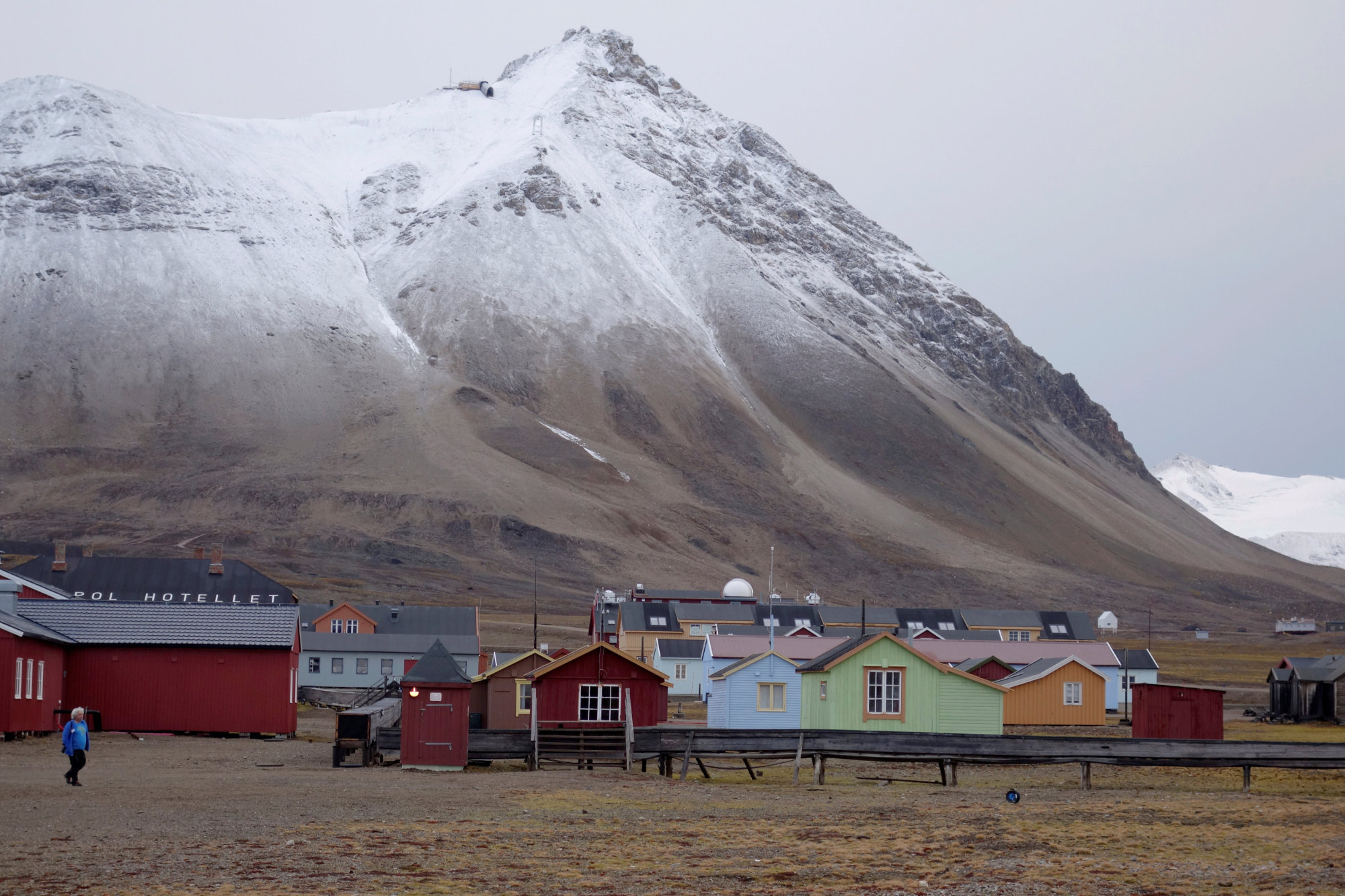Icy Arctic islands north of Norway are warming faster than almost anywhere on Earth and more avalanches, rain and mud may cause "devastating" changes by 2100, a Norwegian report said on Monday.
The thaw on the remote Svalbard islands, home to 2,300 people and where the main village of Longyearbyen is 1,300 km (800 miles) from the North Pole, highlights risks in other parts of the Arctic from Alaska to Siberia.
Average temperatures on Svalbard have leaped between 3 and 5 degrees Celsius (5.4-9.0 Fahrenheit) since the early 1970s and could rise by a total of 10 C (18F) by 2100 if world greenhouse gas emissions keep climbing, the study said.


















With your current subscription plan you can comment on stories. However, before writing your first comment, please create a display name in the Profile section of your subscriber account page.